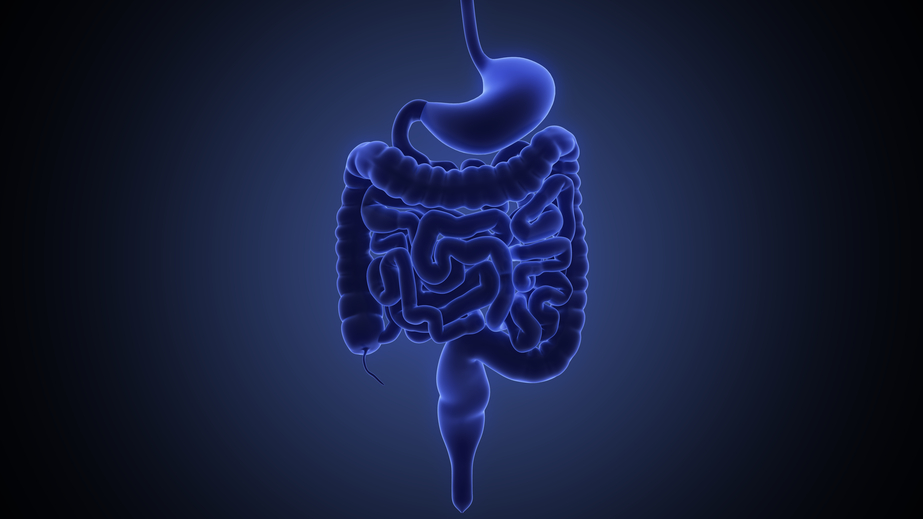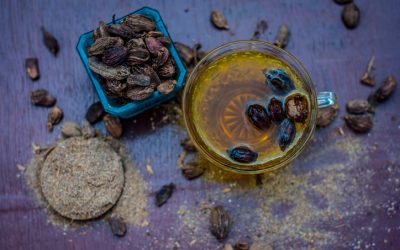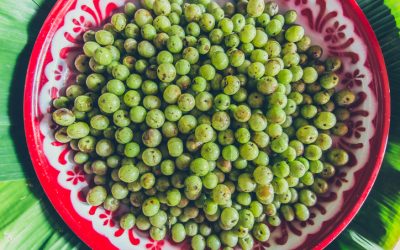The Administration of Cardamonin in the Treatment of Colitis-derived Inflammation of the Gastrointestinal Tract
Gastrointestinal conditions provide extreme pain and discomfort for many individuals worldwide. At the forefront of these conditions is inflammatory bowel disease (IBD), which can be divided into ulcerative colitis and Crohn’s disease. These conditions are characterized as chronic inflammation of the gastrointestinal tract. Inflammatory bowel disease is a major cause of colitis, which is inflammation targeted at the innermost lining of the colon. Colitis inflicts numerous painful symptoms including bloody stool, diarrhea, abdominal pain, cramps, fatigue, and furthered dehydration from diarrhea. The presence of gastrointestinal inflammation heightens an individual’s risk of colorectal cancer, suggesting the severity of untreated colitis. Current medical treatments consist of antibiotics, corticosteroids, and immunomodulators, utilized prior to GI related surgery.
Mechanisms considered for IBD exacerbation have centered on the excessive production of toll-like receptor 4 (TLR4). This biomarker plays a key role in gut immunity and inflammation through the production of proinflammatory cytokines: nuclear factor (NF)-B and the activation of the mitogen-activated protein kinases (MAPKs). A proposed therapy to mediate TLR4 production is the use of cardamonin for antioxidant, anti-inflammation, and anticarcinogenic activities. Cardamonin is a type of chalcone that is found primarily in the seeds of the oriental medicinal plant, Alpinia Katsumadai. Alpinia Katsumadai is a commonly utilized herb for the treatment of gastric disorders. Chalcones belong to the flavonoid family, explaining the numerous biological remedies available from these compounds through suppression of oxidative stress and inflammation commonly observed with flavonoids.
In an observed mouse model with induced colitis, cardamonin suppressed traditional symptoms observed in colitis. Cardamonin helped to prevent body weight loss, diarrhea, damage of the gut mucosa, and disfiguration of the colon and the spleen. The colon of cardamonin-supplemented mice remained of comparable length to that of a healthy mouse, indicating inhibition of colon shrinking. In colitis, the spleen experiences significant swelling from inflammation, but this was also suppressed with cardamonin administration. Additionally, cardamonin stifled the production of alternative biomarkers of inflammation including NO production in the colon and the enzyme MPO. Cardamonin elevated the levels of TNF-α and IL-6 in the colon, insinuating lower levels of inflammatory cytokines. Furthermore, cardamonin exhibited access to the TLR4 pathway with reduced expression of TLR4, a compound predicted to directly impact the development of IBD.
Through this study and many alike, the use of cardamonin as an efficient flavonoid therapy for gastrointestinal inflammation is supported. The antioxidant and anti-inflammatory properties of cardamonin intervene in inflammatory pathways that usually result in damage to the cells lining the colon and gastrointestinal tract. Cardamonin was capable of alleviating several key symptoms in IBD including weight loss, diarrhea, bloody stool, and disfiguration of the colon and spleen. Furthermore, cardamonin administration presented no damage to GI mucosa or lesion production, supporting safety in supplementation. The marriage of anti-inflammatory and anti-carcinogenic remedies with cardamonin use present optimal methods to alleviate IBD symptoms and potentially halt the development of colorectal cancer in colitis patients.
Reference—
Ren G., Sun A., Deng C., Zhang J., Wu X., Wei X., Mani S., Dou W., Wang Z. “The anti-inflammatory effect and potential mechanism of cardamonin in DSS-induced colitis.” (2015). Am J Physiol Gastrointest Liver Physiol, 309, G517-G527. doi:10.1152/ajpgi.00133.2015



